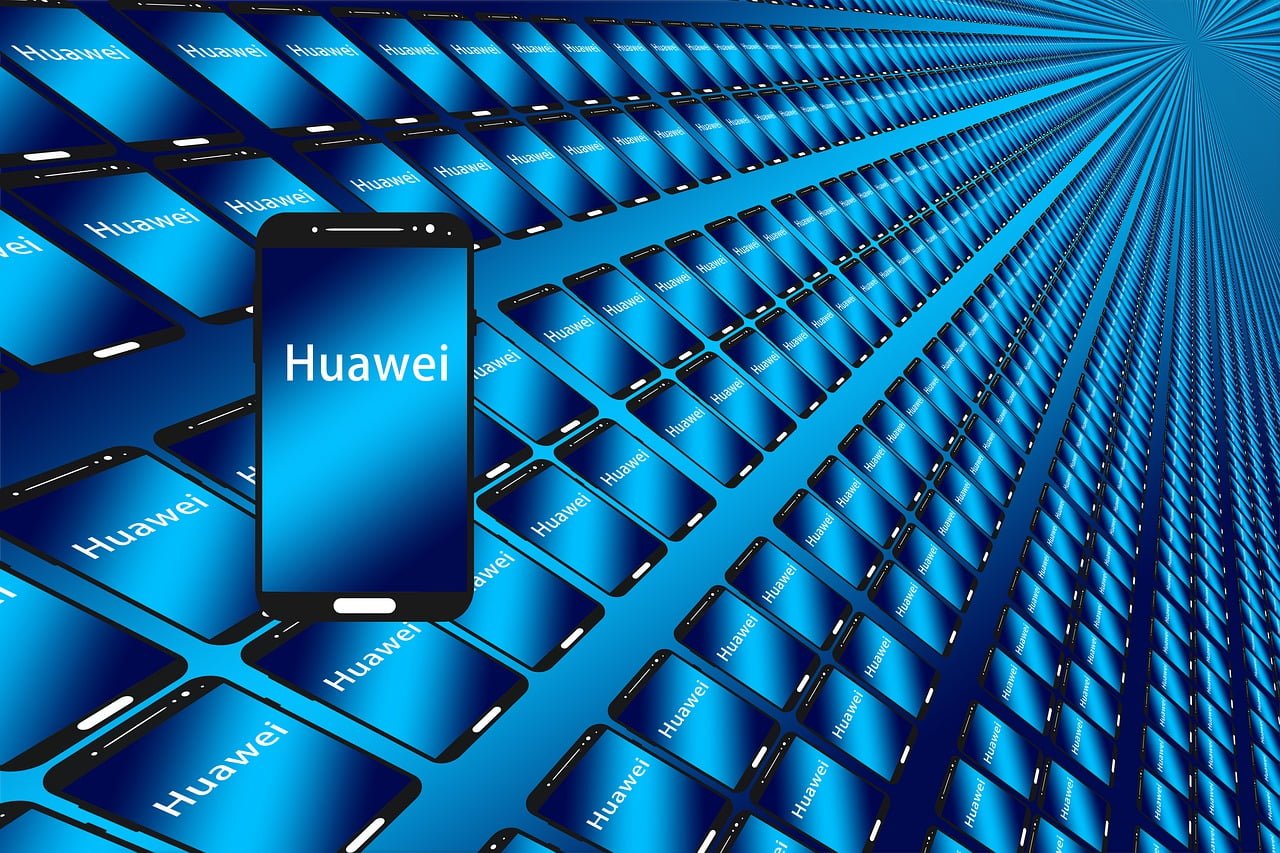After months of rumors and speculations, Huawei has unveiled its Hongmeng OS, which will be internationally known as HarmonyOS. It will be the Chinese company’s alternative to Android. Speaking at the Huawei Developer Conference, the company’s Consumer Business Group CEO Richard Yu said the HarmonyOS would run on everything from smartphones to smart speakers and other smart home devices.
HarmonyOS has just been announced at #HDC2019! How are we going to build an all-scenario smart ecosystem and experience? How will we overcome the challenges of future OS for connected things? Stayed tuned with us to find out. pic.twitter.com/x7ZbgcEy2d
— Huawei Mobile (@HuaweiMobile) August 9, 2019
The launch of HarmonyOS will help Huawei reduce its reliance on the US technology as the trade war escalates. Back in May, Google suspended Huawei’s Android license after the US government banned the Chinese company. The operating system has been in the works for years, which indicates that Huawei was preparing itself for a future without Android.
#HarmonyOS was created with four major building blocks in mind, ensuring a new generation OS that is best suited for our digital world today. #HDC2019 pic.twitter.com/7vgEuwuUG6
— Huawei Mobile (@HuaweiMobile) August 9, 2019
Richard Yu told developers that the new operating system will be first used in “smart screen products” such as TVs by the end of this year. In the coming years, it will expand to wearables, in-car infotainment systems, and other devices. Huawei says the OS will first launch in China, followed by international launch.
For the first time, #HarmonyOS will have a verified TEE (Trusted Execution Environment). Improving connected security across multiple smart devices in a connected all-scenario world #HDC2019 pic.twitter.com/o1TF54Hjkc
— Huawei Mobile (@HuaweiMobile) August 9, 2019
Back in May, Yu told CNBC that Huawei’s own OS could be ready for smartphones and laptops by the end of this year in China. He added that it could arrive in international markets in 2020. Yu said at the time that the company would use its in-house OS in smartphones and laptops only if it could not get Android or Windows.
Yu told developers at the HDC that HarmonyOS was ready to run on smartphones. But the company would continue to use Android, at least for now. That’s probably why the company unveiled the EMUI 10 software, which is Huawei’s modified version of Android. The EMUI 10 will offer integration with smart TVs, drones, laptops, and smart home devices.
However, Yu emphasized that if the company couldn’t get access to Android, it could migrate to HarmonyOS within a few days. Huawei said the HarmonyOS would support a variety of languages such as HTML5, Android, and Linux. Just like Android, the Chinese company is making its new operating system available to anyone. It means other vendors could modify the OS to use it in their own products.
According to the rumor mill, the first device running HarmonyOS could launch as early as next month in the Chinese market. SlashLeaks contributor Teme said in a tweet that the Chinese version of Mate 30 Lite could be the first device to run the new OS. The international version of Mate 30 Lite would still run Android with EMUI 10 skin on top.
Huawei Mate 30- Android 10/EMUI 10
Huawei Mate 30 pro- Android 10/EMUI 10
Huawei Mate 30 Lite- HongMeng OS* (Chinese model) Android 10/EMUI 10
Launch mid-September#HuaweiMate30Series pic.twitter.com/hjnydT0gI8— Teme (特米)|???? (@RODENT950) August 8, 2019
Only time will tell whether HarmonyOS will be able to compete with Android in the market. Huawei has to convince hundreds of thousands of developers across the globe to build apps for its OS. Without a strong app ecosystem, it would be difficult for HarmonyOS to challenge Android in the international market.
HarmonyOS could prove to be a strong alternative to Android in the Chinese market, though. All of Google’s services including Search, Play Store, Gmail, Maps, YouTube, and others are blocked in China. It means Chinese consumers are used to living without Google apps. Huawei already has its own app store in China, which makes it easier for the company to switch to its own OS in the country.
In May, the US government placed Huawei on the so-called Entity List, restricting US companies from doing business with Huawei. As a result, Google had to suspend business activity with the Chinese technology juggernaut. Just a few days later, the US eased restrictions, allowing Google to work with the Huawei for 90 days. And those 90 days will be over within a week.
Trump Administration had placed Huawei on the Entity List amid concerns that the Chinese government could use Huawei’s devices and equipment to spy on other countries. Huawei founder Ren Zhengfei worked for the Chinese military before starting the company.
In June, President Trump told media that he would allow the US companies to do business with Huawei in areas where national security was not compromised. But there has been no clarification on the issue since. According to Bloomberg, Washington D.C. is delaying it to put further pressure on China as the US-China trade war intensifies.





